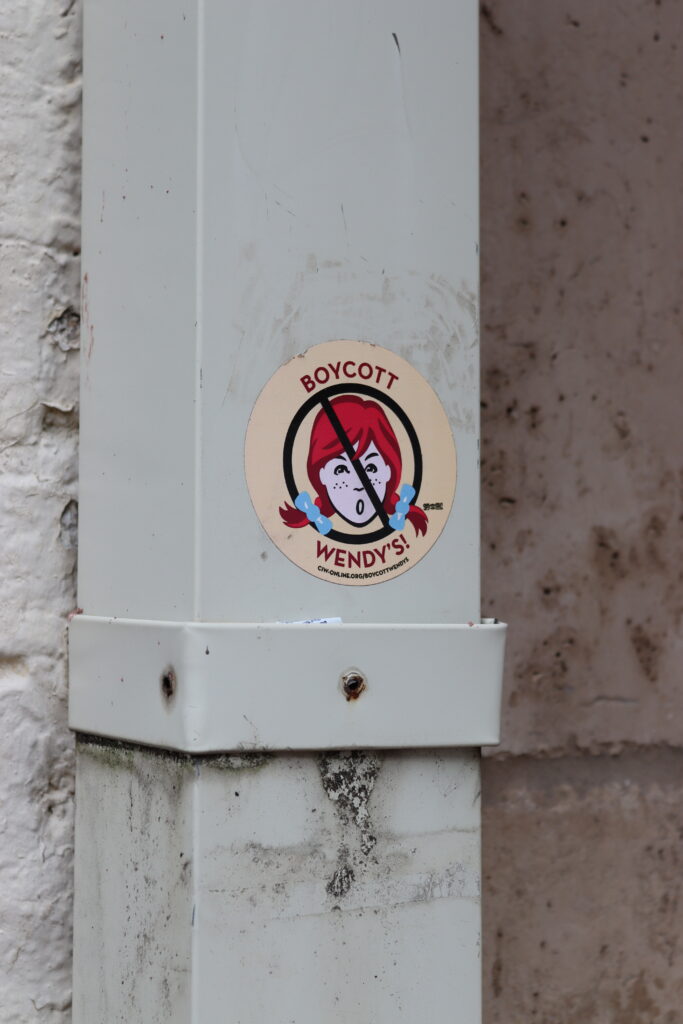The Cost of Hamburger Hill

Years ago, a really good colleague of mine was remarking on an instance when a potential client contacted him in the hopes that he would represent them. I happened to know who this client was, as they had made multiple attempts to persuade a local magistrate to swear out a warrant for arrest for someone (good thing they failed on each and every one of those attempts; I was a prosecutor at the time). In speaking about their conversation with this less than savory potential client, this colleague of mine said “Oh goodness. They were clearly crazy. I quoted them an insane fee so that they would not hire me.” I was fascinated by this prospect. In order to dissuade a potential “bad” client from hiring them, my colleague chose to quote them some insane price for their services as opposed to just telling this potential client that they were not willing to represent them. Why was this? Why not be up front and tell this potential client that they didn’t have a legal issue in dispute and that you would not be able to help them? This was not the only time I heard such a thing from another attorney.
It got me thinking about the actual “business” of being an attorney. Perhaps I was missing the point. Are we, as attorneys, supposed to come from the place that everyone deserves representation, no matter how foolish (and legally unsound) their dispute is? Is the idea that turning potential clients away and telling them honestly that they do not have a legally sound position disfavored because everyone deserves representation no matter what the cause? That it is better to try and dissuade a potential client from their foolhardy legal quest with the quotation of an insurmountable legal fee? Does everyone deserve representation regardless of how small a chance they have of success? Or, is this just a part of doing business as an attorney? If a client’s ultimate goal is not really rooted in reality, then perhaps some attorneys feel that the cost of that representation should go up if that potential client is going to hire someone to go down that yellow brick road with them. Is that a part of the “business” of being an attorney; the idea that representation should cost more if the client’s charge up hamburger hill is ultimately something that is a waste of time? But, aren’t we as attorneys NOT supposed to engage or file specious actions or motions? How does that responsibility jive with the premise that everyone deserves representation?


I found myself taking this same consideration into account when a potential client reached out to me for services. It often happens that my partner receives a call and we subsequently counsel about whether or not we as a firm want to be involved in such a matter. The more outrageous the request by the potential client, the more I find that I tell my partner the following (always in jest…but not): “Sure, I will represent them! Tell them that my retainer for such a matter is $4.5 million dollars.” I am saying this in jest and my partner never passes on this message. But, I have seen those instances when the potential client takes the attorney seriously and actually is able to come up with the outrageous quoted price in the hopes that the attorney wasn’t kidding, and would honestly represent them for such a ludicrous sum. Of course, there is also a rule about our fees being “reasonable”. But how much SHOULD an attorney quote for services to placate the most inconsolable or intractable potential client whose legal matter is truly as airtight as the Titanic was? Is it against the rules to “quote” an unreasonable fee vs. “charge” one? And the whole reason why an attorney may quote a ridiculous fee is just for the reason of trying to get the potential client to go away. Here is the rule:
NC Rule of Professional Conduct 1.5:
- a) A lawyer shall not make an agreement for, charge, or collect an illegal or clearly excessive fee or charge or collect a clearly excessive amount for expenses. The factors to be considered in determining whether a fee is clearly excessive include the following:
(1) the time and labor required, the novelty and difficulty of the questions involved, and the skill requisite to perform the legal service properly;
(2) the likelihood, if apparent to the client, that the acceptance of the particular employment will preclude other employment by the lawyer;
(3) the fee customarily charged in the locality for similar legal services;
(4) the amount involved and the results obtained;
(5) the time limitations imposed by the client or by the circumstances;
(6) the nature and length of the professional relationship with the client;
(7) the experience, reputation, and ability of the lawyer or lawyers performing the services; and
(8) whether the fee is fixed or contingent.
So the Rule doesn’t say anything about the practice of “quoting” an unreasonable fee. I have learned that quoting an insane price for services to dissuade a potential client from hiring an attorney is a part of doing business as a private attorney. The legal practice, for the private practitioner, is a business; albeit a highly regulated one. So even though we have Rules and Statutes that we must adhere to in our business dealings, it seems that attorneys have adapted their business practices in order to be consistent with the constraints of the rules that bind us. In business, decisions are always made about whether or not it is profitable to undertake certain actions or not. Cost-benefit analysis is always a part of business. We as attorneys, it seems, are no different. We have to do a cost-benefit analysis on whether or not to take on certain cases and/or clients. And because we must operate from the premise that everyone deserves legal representation, the resolution of that assessment, it seems, can’t just be to dispassionately decline to move forward or take the case. Practitioners use this “tool” of quoting ridiculously high fees in order to act upon their cost/benefit analysis for their business. I guess we as a group have a strong inclination toward the premise that everyone deserves representation; but we are allowed to say “But…it will cost you.” if hamburger hill is especially greasy and the flag at the top is very high up.

